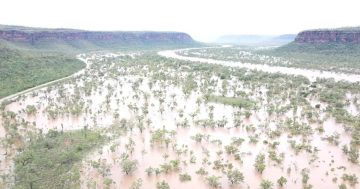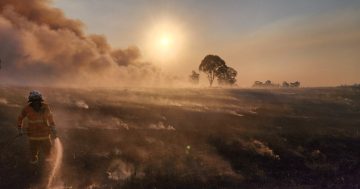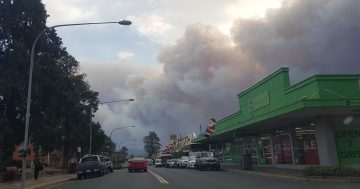Peter Ryan* says the Australian Actuaries Climate Index shows insurance premiums will rise as extreme weather conditions become more common.
 Australian residential property owners and businesses are likely to face higher insurance premiums after a new actuarial index warned about rising financial risks from extreme weather events.
Australian residential property owners and businesses are likely to face higher insurance premiums after a new actuarial index warned about rising financial risks from extreme weather events.
The Australian Actuaries Climate Index tracks risk factors such as elevated sea levels, drought, bushfires, cyclones, flooding and extreme temperatures as being more frequent as growing evidence of climate change mounts.
The Index, developed by leading actuary and Finity Consulting Principal, Tim Andrew, warns the frequency of extreme conditions this past autumn was higher than historical extremes in autumns between 1981 and 2010.
“It’s fair to say this is a pretty new area for everyone and you can imagine insurers in particular are concerned they have to charge adequate premiums for the risk that they’re taking on,” Mr Andrew told the ABC’s AM program.
“The Index is clearly showing that we have an increase in the frequency of extreme events.”
“And one would expect over time that many people in bushfire and flood-prone areas to be facing some increases in premiums.”
“One of the challenges for us is to make sure we’re building properties in the right places to make sure we minimise the impact in future.”
The Australian Prudential Regulation Authority (APRA), which oversees banks and insurers, warned last year that the risks of climate change were “foreseeable, material and actionable”.
APRA Executive Geoff Summerhayes said the Index was an important step towards a cross-industry standard for disclosing risks of extreme weather events and the implications for business, consumers, developers and governments.
“We believe this initiative is a positive step towards helping regulated entities to understand and manage the potential impact of climate risk on their businesses,” Mr Summerhayes said.
The Index — which will be updated each quarter and is backed by the Bureau of Meteorology and the Commonwealth Scientific and Industrial Research Organisation (CSIRO) — builds on similar indexes currently used in Canada and the United States.
Actuaries Institute CEO, Elayne Grace said the Index was a “first step” as actuaries develop more explicit measures of climate risk.
“We hope to build on this Index by attaching risk data, such as damage to property and health statistics, in order to understand the relationship between weather extremes and risk, enabling more explicit risk indices to be developed,” Ms Grace said.
The Index adds to concerns about future losses from climate change after the Climate Institute warned in 2016 that the potential damage from coastal erosion was estimated at $88 billion, excluding the value of the land.
The Index was developed in consultation with regulators and natural hazard scientists with data collected nationally and grouped into 12 climatically similar reasons.
Tim Andrews is keen to stay away from the politics surrounding cynicism about climate change, but hopes the move towards greater awareness will not be overshadowed by climate change cynics.
“That’s inevitably a risk with these issues,” he said.
“I’m often disappointed by the politics and I’m hoping this message doesn’t get lost.”
* Peter Ryan is the ABC’s senior business correspondent. He tweets at @Peter_F_Ryan.
This article first appeared at www.abc.net.au.








